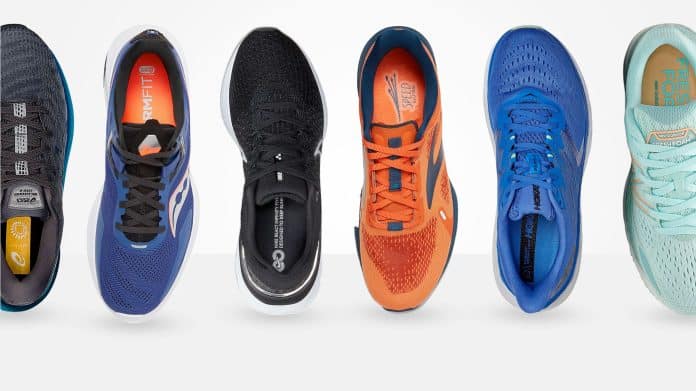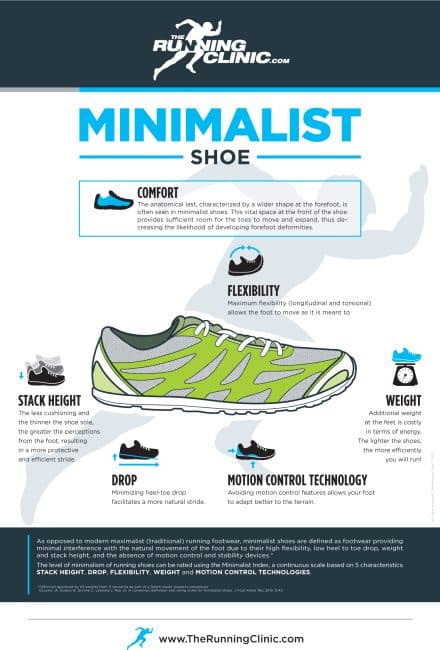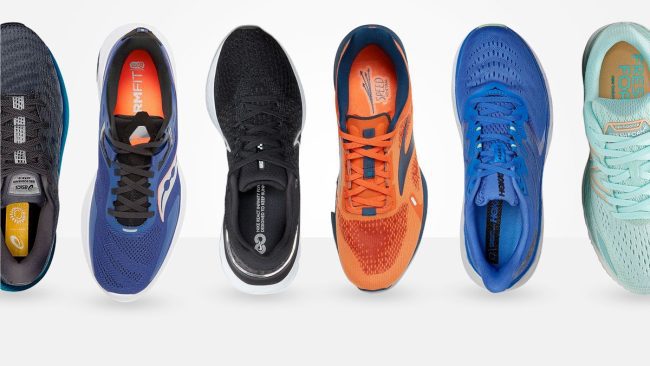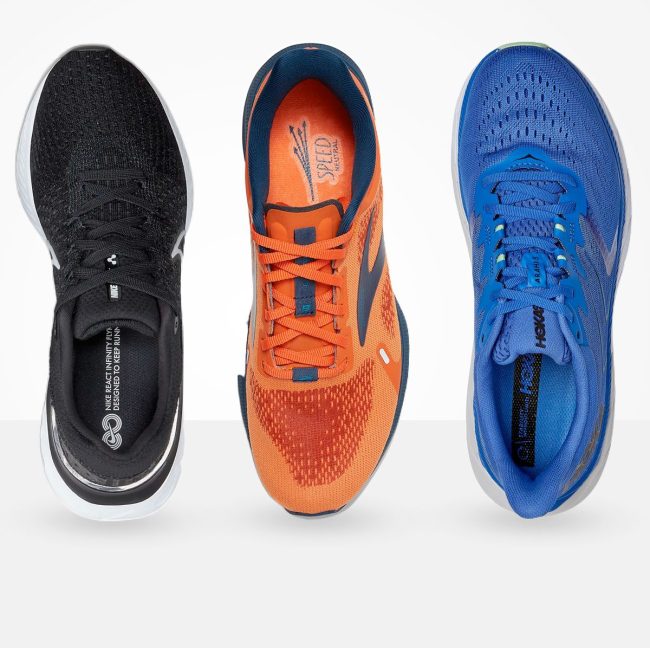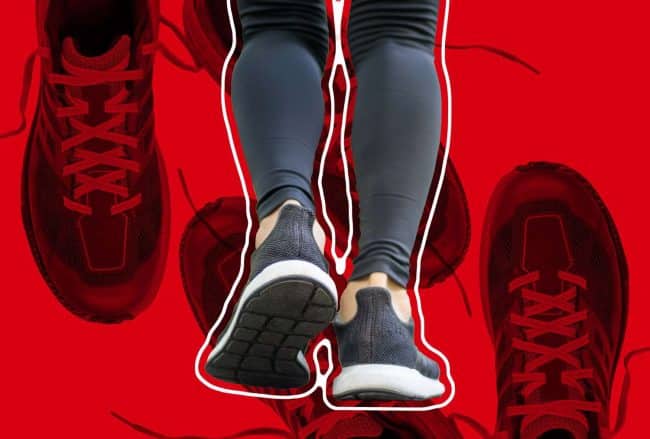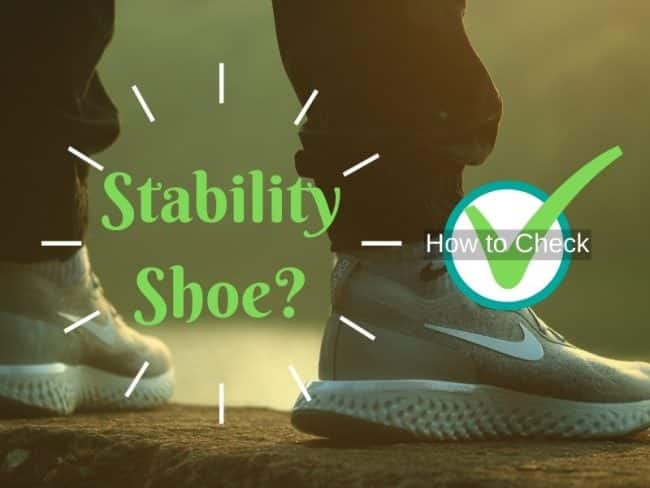When it comes to choosing the right pair of stability running shoes, there are a few key features that can make all the difference in your running experience. From superior cushioning and arch support to a secure fit and durable construction, these shoes are specifically designed to help prevent overpronation and promote a more stable stride. In this article, we will explore the essential features to consider when shopping for stability running shoes, ensuring that you find the perfect pair to enhance your comfort, performance, and overall enjoyment of your runs. When it comes to choosing the right pair of running shoes, finding the perfect balance between comfort, support, and durability is key. For runners seeking stability, it is important to consider specific features that cater to their needs. In this article, we will discuss the various features to look for in stability running shoes to help you make an informed decision.
This image is property of az675379.vo.msecnd.net.
Review contents
Heel Support
One of the essential features to consider in stability running shoes is heel support. The cushioning in the heel area plays a vital role in absorbing shock and providing a comfortable running experience. A well-cushioned heel allows for a smooth heel-to-toe transition, reducing the risk of injuries such as heel pain or stress fractures. Look for running shoes that offer ample cushioning in the heel to provide support and enhance your overall running performance.
Arch Support
Apart from heel support, arch support is another crucial factor to consider in stability running shoes. The arch of the foot is responsible for shock absorption and maintaining proper alignment during the gait cycle. Stability running shoes should have a medial post, which is a firmer material located on the inner side of the midsole. This medial post helps prevent excessive inward rolling of the foot (overpronation) and provides stability for runners with low to moderate arches.
Additionally, the arch height should be considered. Some runners may have high arches, while others may have flat feet. It is important to find a stability running shoe that caters to your specific arch type to provide the necessary support and prevent any discomfort or potential injuries caused by inadequate arch support.
Midsole Material
The midsole of a running shoe is responsible for providing cushioning and support. Two commonly used midsole materials in stability running shoes are EVA foam and polyurethane (PU). EVA foam is lightweight and offers excellent cushioning, making it a popular choice among runners. It provides a responsive and comfortable ride, absorbing impact forces effectively.
On the other hand, polyurethane midsoles are known for their durability and stability. Although slightly heavier than EVA foam, polyurethane midsoles offer a firmer and more structured feel, providing enhanced support and stability for runners who need it. Another midsole material to consider is thermoplastic polyurethane (TPU). TPU combines the benefits of both EVA foam and PU, offering a balance between cushioning, durability, and stability.
Outsole Design
The outsole design of a stability running shoe plays a significant role in providing traction and flexibility. The tread pattern is an essential feature to consider, especially if you frequently run on different terrains. A well-designed tread pattern with multidirectional lugs offers excellent grip, allowing you to confidently navigate various surfaces. It is crucial to choose an outsole design that suits your running preferences and the surfaces you typically encounter.
Flexibility is another crucial aspect of the outsole design. A balance between flexibility and stability is important, as excessive flexibility can lead to instability and potential injuries. Look for a stability running shoe that provides sufficient flexibility to allow a natural range of motion while still providing the necessary support and stability during your runs.
This image is property of hips.hearstapps.com.
Upper Construction
The upper construction of a running shoe is responsible for maintaining the structural integrity and providing a secure fit. Two common materials used in the upper construction of stability running shoes are mesh and synthetic materials.
Mesh uppers are lightweight, breathable, and ideal for runners who prioritize ventilation to keep their feet cool and dry. They offer excellent moisture-wicking properties, making them a popular choice for running shoes. The breathable nature of mesh allows for better airflow, reducing the risk of fungal infections or odor buildup.
Synthetic materials, on the other hand, offer increased durability and protection. Synthetic uppers are often more resistant to abrasion and provide better protection from the elements. They also offer a more secure fit, hugging the foot tightly to minimize slipping or rubbing. Consider your running environment and personal preferences when choosing between mesh or synthetic uppers.
Toe Box Width
The toe box width refers to the spaciousness of the area surrounding your toes. It is essential to have adequate room in the toe box to allow for natural toe splay and prevent discomfort or potential injuries. Look for stability running shoes that offer a roomy toe box, especially if you have wider feet or if you experience toe crowding during a run.
In addition to roominess, toe box protection is another crucial aspect. The toe area is vulnerable to impact and potential injuries, so it is essential to choose a stability running shoe that provides adequate protection. Look for reinforced toe caps or overlays that offer extra durability and shield your toes from any external hazards.
This image is property of hips.hearstapps.com.
Lacing System
The lacing system of a stability running shoe plays a significant role in providing a secure fit and adjustability. A secure fit ensures that your foot stays in place during your runs, minimizing the risk of rubbing or slipping. Look for a lacing system that allows for customizable tightening and loosening, allowing you to adjust the fit according to your preferences and any potential swelling that may occur during a run.
The adjustability of the lacing system is particularly crucial for runners with specific foot conditions or running styles. Individuals with higher arches may require a tighter fit in the midfoot area for added support, while those with wider feet may need a looser fit to accommodate their foot shape. Consider your individual needs and preferences when evaluating the lacing system of a stability running shoe.
Pronation Control
Pronation refers to the natural rolling motion of the foot during the gait cycle. It is essential to understand your pronation type – neutral, overpronation, or underpronation (supination) – to find a stability running shoe that caters to your specific needs.
Stability running shoes often incorporate stability features to help control excessive pronation. These features may include a combination of firmer midsole materials, supportive medial posts, or additional cushioning in specific areas of the shoe. Understanding the degree of pronation you experience will help identify the level of stability and support required in your running shoes.
This image is property of www.verywellfit.com.
Weight
The weight of a running shoe can significantly impact your overall running experience. Stability running shoes should strike a balance between lightweight design and adequate support. A lightweight shoe reduces the strain on your muscles and allows for a more efficient running gait.
However, it is crucial to prioritize stability and support over the weight of the shoe. While a lighter shoe may offer a more effortless feeling, sacrificing stability may lead to potential injuries or discomfort. Look for stability running shoes that prioritize a balance between weight and support to ensure a safe and comfortable running experience.
Durability
Durability is a crucial factor to consider when investing in a pair of stability running shoes. Long-lasting shoes will provide consistent support and cushioning throughout their lifespan, ensuring that you can enjoy your runs without worrying about premature wear or deterioration.
Stability running shoes with durable materials, such as robust outsoles or reinforced overlays, tend to have a longer lifespan. Consider the type of running surfaces you frequently encounter and choose a shoe with sturdy materials that can withstand the demands of your running routine.
In conclusion, finding the right pair of stability running shoes requires careful consideration of multiple factors. From heel support and arch support to midsole materials and outsole design, each feature plays a crucial role in providing a comfortable, supportive, and durable running experience. By understanding your individual needs and preferences, you can make an informed decision and find the perfect stability running shoes to enhance your running performance and protect against potential injuries. Happy running!
This image is property of helpshoe.com.

